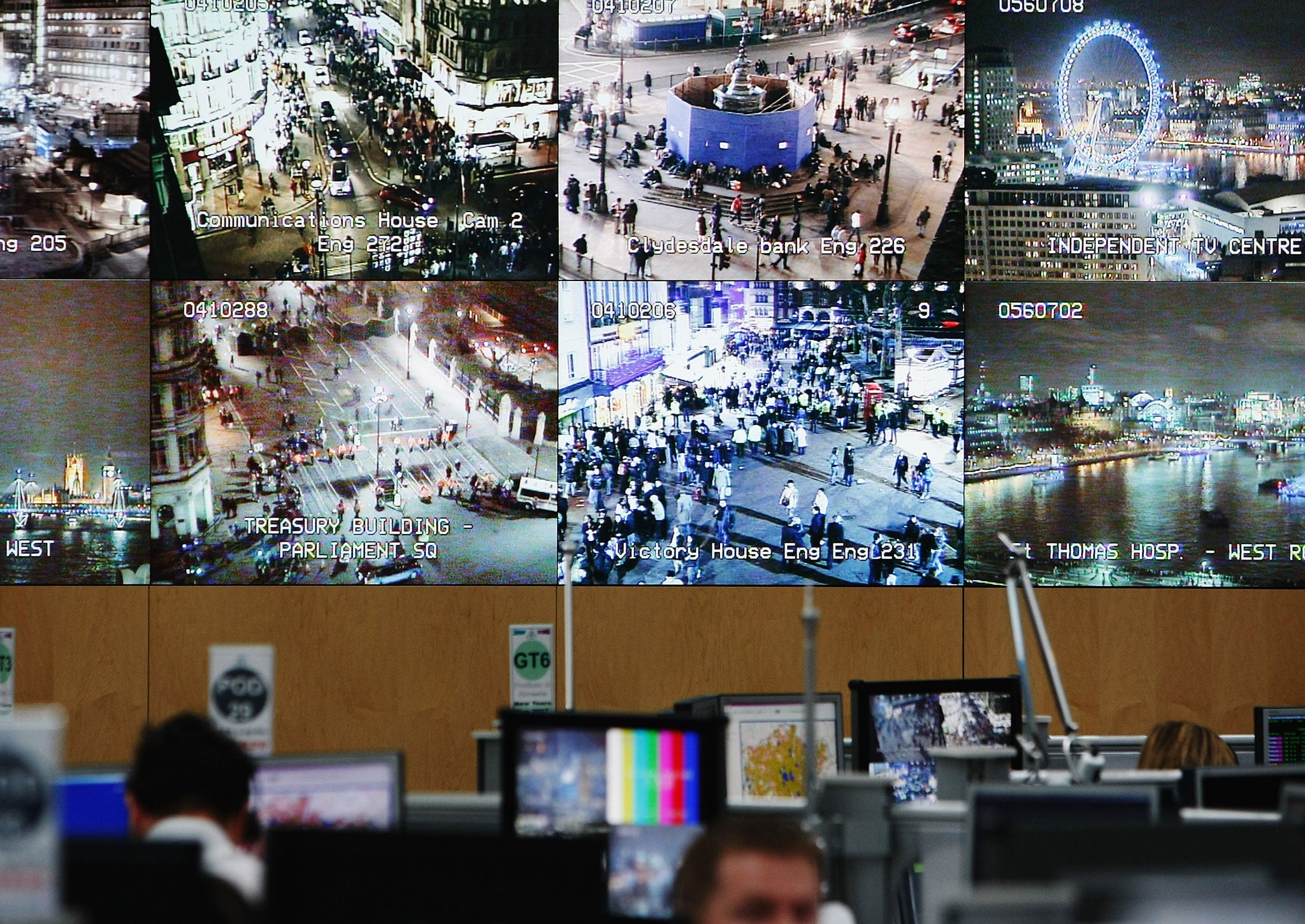The Police might be too stretched to fight terrorism, but this doesn't mean we need more of them
Britain needs to focus on tackling the long-term causes of extremism, rather than its immediate symptoms

Your support helps us to tell the story
From reproductive rights to climate change to Big Tech, The Independent is on the ground when the story is developing. Whether it's investigating the financials of Elon Musk's pro-Trump PAC or producing our latest documentary, 'The A Word', which shines a light on the American women fighting for reproductive rights, we know how important it is to parse out the facts from the messaging.
At such a critical moment in US history, we need reporters on the ground. Your donation allows us to keep sending journalists to speak to both sides of the story.
The Independent is trusted by Americans across the entire political spectrum. And unlike many other quality news outlets, we choose not to lock Americans out of our reporting and analysis with paywalls. We believe quality journalism should be available to everyone, paid for by those who can afford it.
Your support makes all the difference.It's emerged today that the police are stretched by the number of terrorism-related offenders that they have to currently deal with.
So, what's the solution? It's to double the number of police, increase their powers of surveillance, remove their oversight, improve their efficiency, and add to the statute book, right?
While we're at it, we can also introduce extremism ASBOs to prosecute those who may consider terrorism in the future, banning orders to prevent extremist preachers from speaking, and ask social media sites to make a bank of extremist content (like they have done with child sexual abuse imagery), so that they can remove online extremism for good. This would solve the extremism problem, right?
Wrong.
It feels good to use the law to tighten things up when there’s a threat that we don’t fully understand and an important election coming up. But David Cameron must understand the need to tackle the long-term causes of extremism, rather than its immediate symptoms. To do this, he needs to turn his rhetoric into actions, and start investing in projects that tackle the entire Islamist ideological spectrum.
For this he requires a civil society approach, not a law-based one, as much of that spectrum is something of which we should be legally tolerant but civically intolerant. Cameron has made a sword for his own back in this by giving much of the portfolio to the Home Office, who have made great steps in improving our police force but views counter-extremism exclusively as a security issue.
The Police do excellent work, but one reason that they're currently over-worked is because they are responsible for an ever-widening portfolio, much of which shouldn’t even be viewed through this security lens. Working with families to counter extremism is a sensible strategy to win hearts, and referring ideologically vulnerable people to Channel - part of the Government's Prevent strategy, which aims to "protect people at risk from radicalisation" - can certainly win minds.
But are the police the best people to implement these strategies if they already have troubled relationships with communities? Developing a civil society-based approach to counter-extremism solves these problems.
Countering extremism online is a similar policy area. The Home Office can brag all they like about how much content the government has removed but, as a recent Quilliam report showed, we know extremist content is likely to reappear in another format, and should stop short of removing content that does not break the law.
Making a bank of extremist content online just so that it can be removed is not only impossible, but is a form of policing political dissent, and another example of using the law to counter extremism. What we really need is for civil society campaigns to provide positive counters to jihadist narratives, make Islamist extremism unfashionable, and raise awareness of the dangers are better ways to tackle this social ill than filtering and censoring.
If we have learnt anything since 9/11, it is that we cannot police our way out of the extremist problem. If we tackle the causes of extremism as a society, the police won’t have to combat the symptoms, and we won’t need to add draconian measures to boost their capabilities.
Join our commenting forum
Join thought-provoking conversations, follow other Independent readers and see their replies
Comments